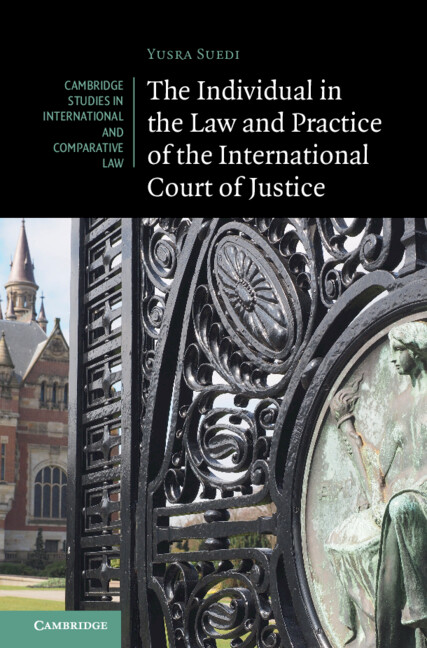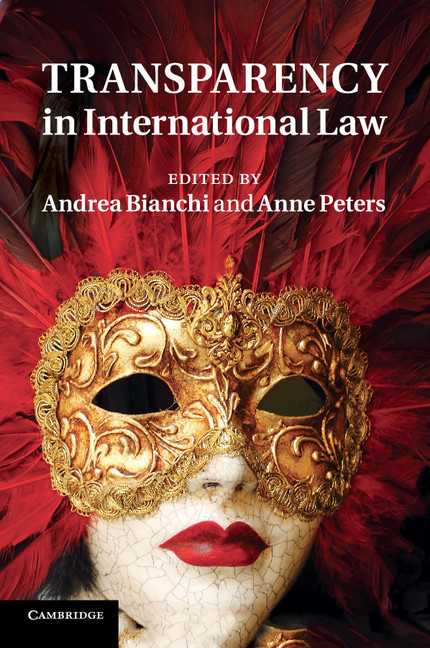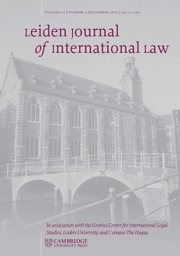Experts, Networks and International Law
Highlighting how the challenges raised by globalization - from environmental management to financial sector meltdowns - have encouraged the emergence of experts and networks as powerful actors in international governance, the contributions in this collection assess the methods and effectiveness of these new actors. Unlike other books that have focused on networks or experts, this volume brings these players together, showing how they interact and share the challenges of establishing legitimacy and justifying their power and influence. The collection shows how experts and networks function in different ways to address diverse problems across multiple borders. The reader is provided with a broader and deeper practical understanding of how informal authority actually operates, and of the nature of the relationship between different actors involved in policymaking. Through a range of case studies, the contributions in this collection explain how globalization is reshaping traditional forms of power and authority.
- Explains through a range of case studies how globalization is reshaping traditional forms of international governance
- Brings together experts and networks, showing how these actors interact with and relate to one another in the operations of international governance, and how they both share the challenges of establishing legitimacy and justifying their power and influence
- Focuses on the operation of networks and experts in a practical context, and draws on insights from international relations and political science as well as international law
- Covers a wide range of subject areas, such as human rights, financial sector governance and environmental protection, which will appeal to a broad range of readers
Product details
August 2018Paperback
9781316635636
318 pages
230 × 153 × 18 mm
0.49kg
Available
Table of Contents
- Preface Anne Orford
- 1. Experts, networks and international law Holly Cullen, Joanna Harrington and Catherine Renshaw
- Part I. Experts, Networks, Advocacy and Mediation:
- 2. Networks of protection Suzanne Akila
- 3. Advancing the conversation: non-judicial voices and the transnational judicial dialogue Pammela Quinn Saunders
- 4. International peace mediators: the normative involvement of an epistemic community Philipp Kastner
- Part II. Experts, Networks and International Environmental Law:
- 5. Multilateral environmental agreements and regional fisheries management organisations: experts, networks and global administrative law principles Josephine Toop
- 6. Institutional expertise: reconsidering the role of scientific experts in the international conservation and management of cetaceans Cameron S. G. Jefferies
- 7. Engaging complexity: legalising international arctic environmental governance Tahnee Prior
- 8. Environmental government networks with Asian examples Hitomi Kimura
- Part III. Experts, Networks and Institutional Change:
- 9. Non-binding instruments and democratic accountability Cecily Rose
- 10. Traditional and modern designs for an international law of sovereign debt restructuring: a way forward Kei Nakajima
- 11. The fight against impunity for core international crimes: reflections on the contribution of networked experts to a regime of aggravated state responsibility Masahiro Kurosaki.










